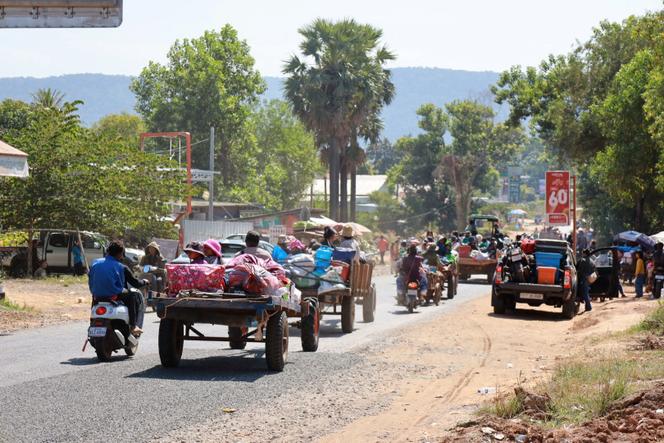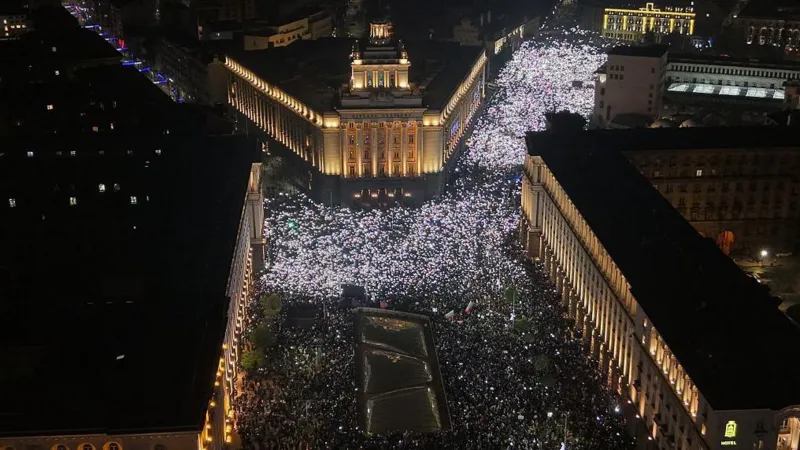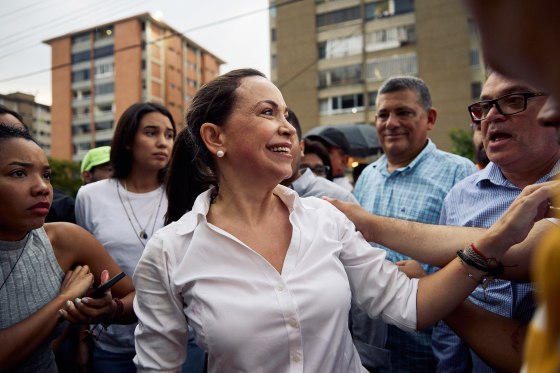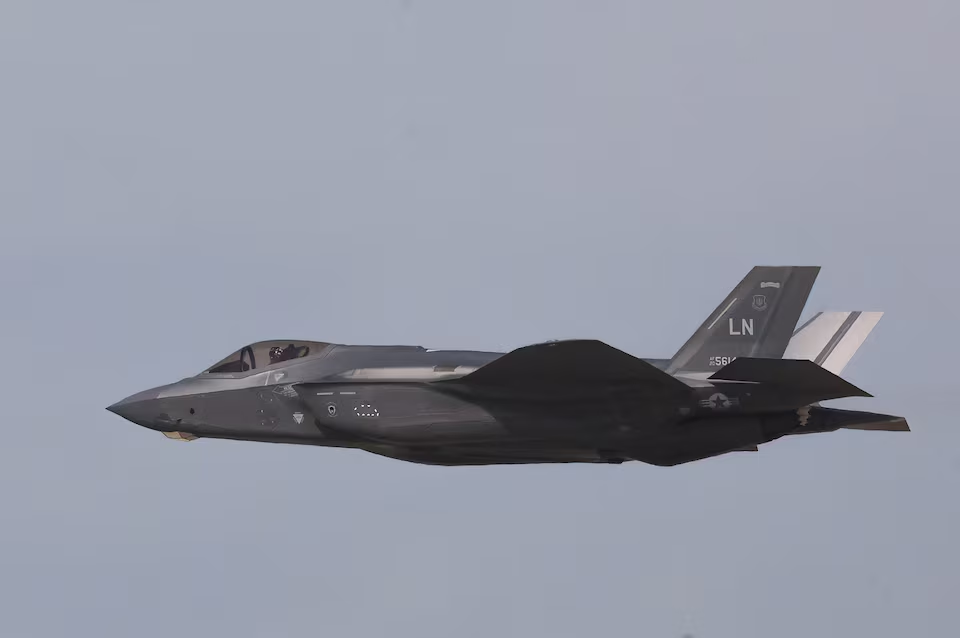Nigeria’s healthcare system faces another major disruption as the Nigerian Association of Resident Doctors (NARD) has announced an indefinite nationwide strike beginning November 1, 2025.
The association’s president, Dr. Mohammad Suleiman, confirmed the decision in a statement released Sunday, following the expiration of a 30-day ultimatum to the Federal Government over unresolved welfare and salary issues.
The declaration came after a five-hour emergency meeting of NARD’s National Executive Council (NEC) held on Saturday. Suleiman said the council had “marshalled out minimum demands, strike monitoring directives, and ‘no work, no pay / no pay, no work’ resolutions” to ensure full enforcement across all medical centres.
“The NEC has unanimously directed us to declare a total, comprehensive and indefinite strike to commence on Friday, October 31, 2025, at 11:59 p.m.,” he said.
Under the new directive, NARD’s National Officers Committee (NOC) has been tasked with coordinating the strike and monitoring compliance, while local branches are expected to convene emergency congresses to brief members.
Suleiman accused both government and private actors of pursuing “exploitative plans” against resident doctors, pledging that the union would “collectively resist” any attempt to undermine its members. He urged doctors to hand over patients and engage community and religious leaders to raise public awareness ahead of the industrial action.
Resident doctors make up the backbone of clinical care in public hospitals, and the strike is expected to paralyze services nationwide.
NARD’s grievances include excessive work hours, unpaid arrears from the 25 and 35 percent upward review of the Consolidated Medical Salary Structure (CONMESS), and the dismissal of five resident doctors at the Federal Teaching Hospital, Lokoja.
Read Also: More Than 8,000 U.S. Flights Delayed As Shutdown Strains FAA
The group also cited the government’s failure to pay promotion arrears, unfulfilled promises on the 2024 accoutrement allowance, and bureaucratic delays in upgrading doctors’ ranks after postgraduate exams — issues that have left many without new salary scales or arrears.
NARD further condemned the exclusion of resident doctors from specialist allowances and the downgrading of new recruits, which it says has led to reduced earnings and demoralization across federal hospitals.
If unresolved, the strike could deepen the crisis in Nigeria’s already strained health sector, where doctors have long protested poor pay, unsafe working conditions, and mass emigration of medical professionals.










